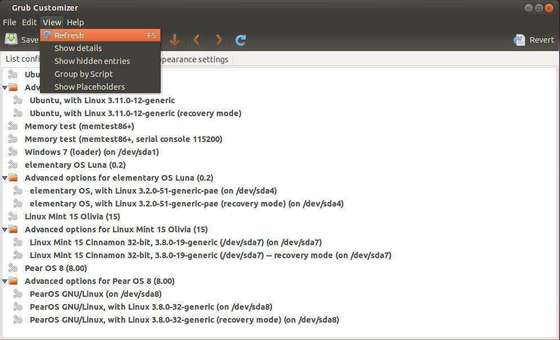

To install this, follow the “Installing the Oracle JDK” section of our guide on how to install Java 8 on Ubuntu 16.04.

Java 8 - which is required by Elasticsearch and Logstash - installed on your server. For this tutorial, we will be using a VPS with the following specifications for our Elastic Stack server: The amount of CPU, RAM, and storage that your Elastic Stack server will require depends on the volume of logs that you intend to gather. To complete this tutorial, you will need the following:Īn Ubuntu 16.04 server set up by following our Initial Server Setup Guide for Ubuntu 16.04, including a non-root user with sudo privileges and a firewall configured with ufw. In this tutorial we will install the latest versions of the entire stack which are, at the time of this writing, Elasticsearch 6.5.1, Kibana 6.5.1, Logstash 6.5.1, and Filebeat 6.5.1. Note: When installing the Elastic Stack, you must use the same version across the entire stack. We will install all of these components on a single server, which we will refer to as our Elastic Stack server. Additionally, because Kibana is normally only available on the localhost, we will use Nginx to proxy it so it will be accessible over a web browser. You will learn how to install all of the components of the Elastic Stack - including Filebeat, a Beat used for forwarding and centralizing logs and files - and configure them to gather and visualize system logs. In this tutorial, you will install the Elastic Stack on an Ubuntu 16.04 server. Beats: lightweight, single-purpose data shippers that can send data from hundreds or thousands of machines to either Logstash or Elasticsearch.Kibana: a web interface for searching and visualizing logs.Logstash: the data processing component of the Elastic Stack which sends incoming data to Elasticsearch.Elasticsearch: a distributed RESTful search engine which stores all of the collected data.The Elastic Stack has four main components: It’s also useful because it allows you to identify issues that span multiple servers by correlating their logs during a specific time frame. Centralized logging can be very useful when attempting to identify problems with your servers or applications, as it allows you to search through all of your logs in a single place. The Elastic Stack - formerly known as the ELK Stack - is a collection of open-source software produced by Elastic which allows you to search, analyze, and visualize logs generated from any source in any format, a practice known as centralized logging.


 0 kommentar(er)
0 kommentar(er)
